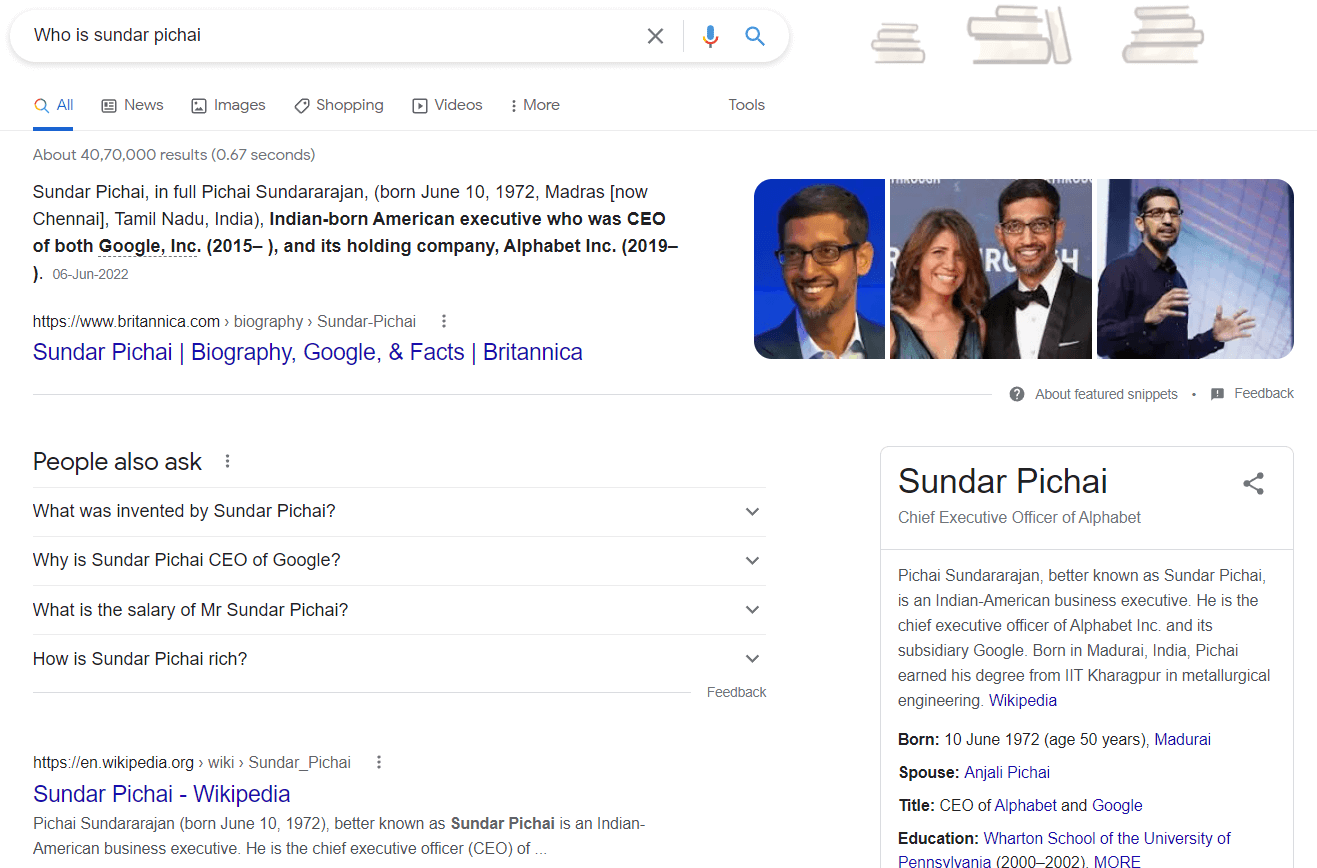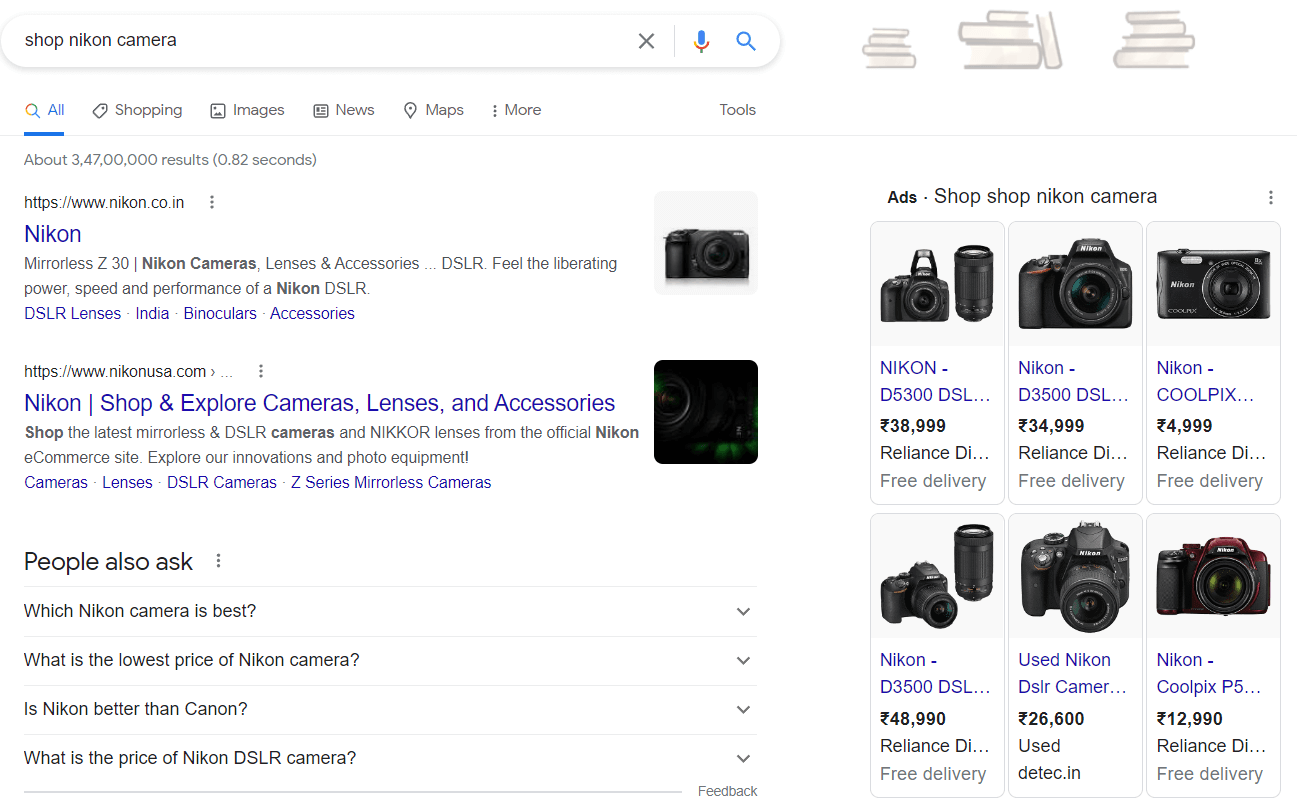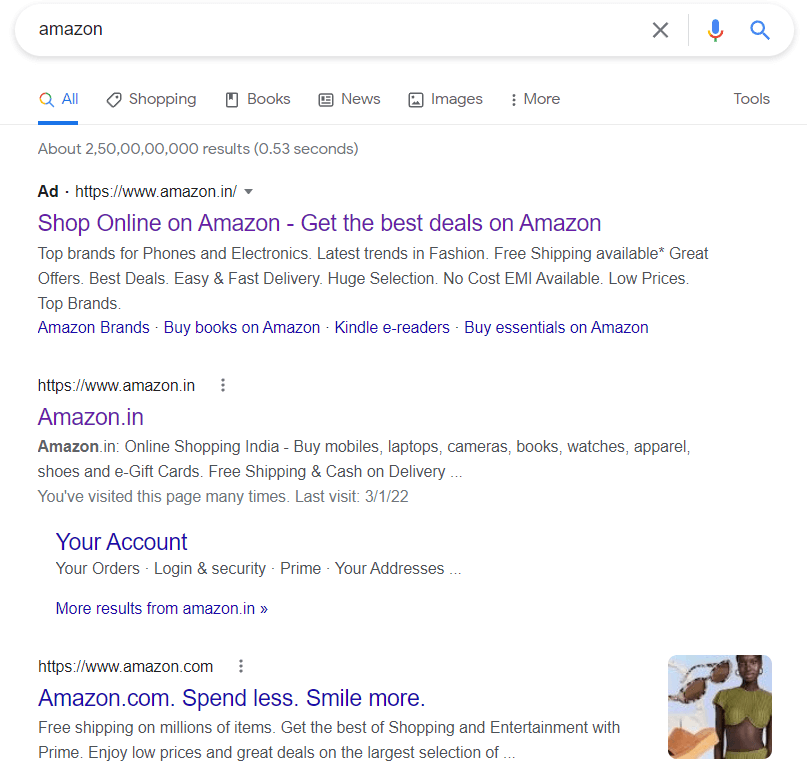

SEO has always been the king of Digital Marketing for any and every business. But there is a myth that surrounds SEO. People think it’s purely technical as it deals with Bots, code and algorithms.
This part of SEO is essential for ranking and crawling indeed, but there is more to where it comes from. However, understanding people’s search intent is a more human and subjective stage that underpins the entire strategy.
Understanding search intent can be the secret ingredient that elevates your content strategy from adequate to exceptional.
If you have stellar content that isn’t ranking for the target keywords, then your targeted keywords simply don’t match people’s search intent. Search intent is the secret ingredient to get your keywords ranking.
Let us walk you through the various types of search intent, how to determine the best intent for a given keyword, and how to optimize for search intent. Let’s start with the fundamentals.
As the name implies, it is the primary goal of a person to find solutions for his query on the search engines.
For example, let’s say person A searched for “Dance.” He only typed this one keyword. What exactly does he mean? Is he referring to various dance styles, costumes, songs, dance videos, dance classes or possibly dance shoes?
The intent with which a user conducts a search, i.e., the information that users are looking for, is defined as searcher intent.
As the name suggests, a person who wants information about something searches for informational intent. His intent could be about a recipe, a how-to guide, or a definition. This is one of the most common search intents as users come up with infinite queries from day-to-day.
Example:
Why is Elon Musk so Successful?
What is the population of India?
How to make white sauce pasta
>> SERP results for Information Intent

Do you do your commercial investigation before you purchase a service/ product? Yes, right?!
That’s how a user search intent works here. These users have crossed the informational search for the product or service they are about to avail and have narrowed their focus to brands in specific. Users here often compare the best brands before making a purchase. This intent is known as commercial Investigation.
Example:
Is the new one plus model worth it?
Best plagiarism tool
Best restaurant for Biryani near me
>> SERP results for Commercial Intent

Transactional searches are conducted by people who are ready to buy a product, service, or subscription. Users with this intent are no longer looking for information, but rather places to buy what they’re looking for.
Example:
Make a Gmail Account
Shop Allen Solly Shirt on sale
Where to buy Harley Davidson
>> SERP results for Transactional Intent

These are direct search queries where people look for direct solutions to their questions. Here the queries are made in order to find a particular brand if the user is not aware of the website URL.
Example:
See what are Samsung’s latest products
Kotak Mahindra’s Net banking
Check my Air Asia flight
>> SERP results for Navigational Intent

Once you have done your research on keywords, match your metadata and content type to the intent on your search pages. A solid way to start off with search intent is by optimizing your pages. Give an apt H1 & H2 title tags that are relevant to your specific keyword targeting. Leverage your ad copy writing that will increase your click-through rate.
SERP pages offer different results for different search intents. That’s because Google tries to conceive each search intent and offers different search results, not just based on the keyword given by the user.
Then the search engine delivers content that is most relevant to the user’s intent.
Google’s algorithm is so designed that it shows relevant content trying to understand user from his shoes. The latest Google algorithm update is BERT in this regard, representing a significant evolution of the algorithm in natural language processing, understanding how humans express themselves.
With this latest update, Google is consistently trying to understand words, their relationships and the different nuances from a user point of view.
With this new update it is clear that what matters the most to the search engines is not the keywords given by the user, but the meaning of the keywords that they want to build together.
When curating SEO content around Search intent, follow the below points without fail.
Before optimizing content, consider the search intent.
Use specific modifiers in your keyword research when discovering new terms.
Use the SERPs to find the best formatting and content options.
Every time, provide valuable, high-quality content.
It is simple, but not easy, to create SEO-optimized content for specific search intents. Follow these guidelines, and you’ll be well on your way to providing users with the content they require in the format they prefer.


